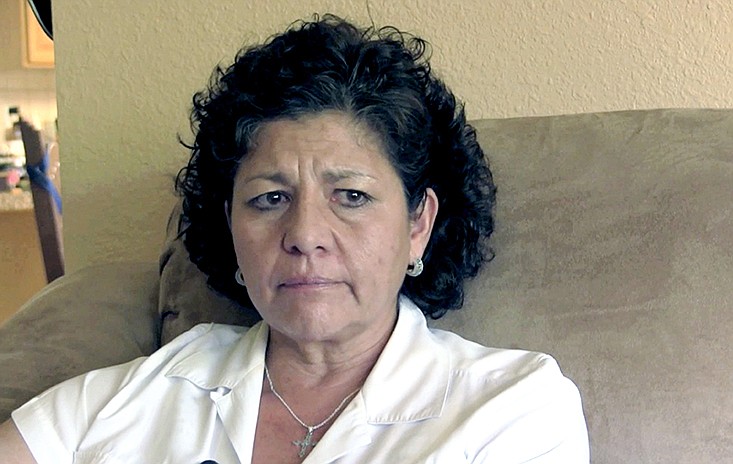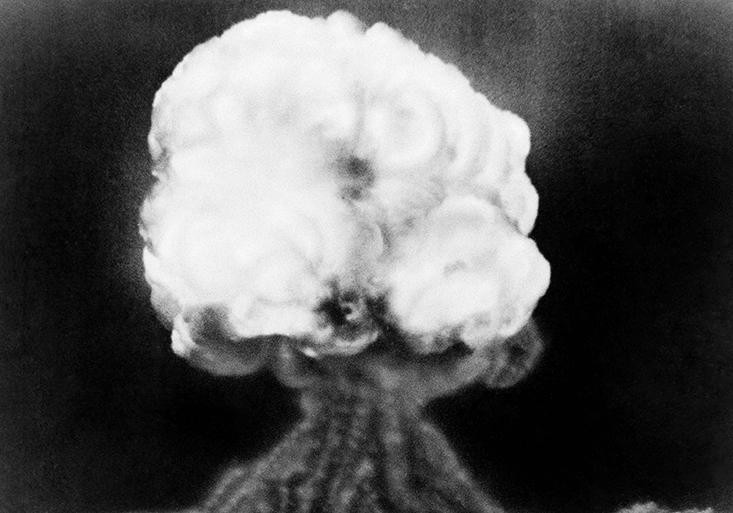ALBUQUERQUE, N.M. (AP) - New Mexico's gubernatorial candidates are promising descendants of families who lived near the world's first atomic bomb test to help them receive financial support from the U.S. government to compensate for generations of health problems.
Democrat Rep. Michelle Lujan Grisham and Republican Rep. Steve Pearce, who currently both serve in the U.S. House of Representative, said this week they would continue as governor to advocate for descendants to be included in a federal law that compensated families near nuclear test sites.
Descendants who lived in communities near the World War II-era Trinity Test of the bomb are pressuring Congress to include them in the federal Radiation Exposure Compensation Act. Descendants say the Trinity Test caused generations of families to suffer from rare cancer and economic hardship.
Currently, the law only covers areas in Nevada, Arizona and Utah that are downwind from a different test site.
"More than 70 years after the Trinity test, the lack of compensation and support for the Tularosa Basin Downwinders is unacceptable," Lujan Grisham said, referring to the group advocating for the law to be amended. "As governor, I will continue to work with New Mexico's delegation to fight for legislation that ensures just compensation for these families."
Pearce campaign spokesman Kevin Sheridan said Pearce has advocated for the descendants and sponsored legislation to amend the federal law.
"He will continue to do so as governor," Sheridan said.
Tina Cordova, co-founder of the Tularosa Basin Downwinders Consortium, said she was pleased both candidates were promising to help descendants and that she would work with whoever wins the gubernatorial race.
But she said Pearce, whose congressional district represents Tularosa, New Mexico, and other communities affected by the Trinity Test, still has yet to hold a face-to-face meeting with descendants.
When a group of descendants traveled to Washington, D.C., last month, Pearce was the only member of New Mexico's congressional delegation who did not meet with them, Cordova said.
"We invited Pearce to our candlelight vigil last month and his office told us he was unavailable," Cordova said. "We read in the paper the next day he was 12 miles away at an ice cream social."
Sheridan dismissed the criticism, saying members of Pearce's staff have met with the group.
Scientists working in Los Alamos, New Mexico, developed the atomic bomb as part of the Manhattan Project, which provided enriched uranium for the weapon. The secret program also involved facilities in Oak Ridge, Tennessee, and Hanford, Washington.
The bomb was tested on July 16, 1945 in a stretch of desert near towns with predominantly Hispanic and Native American populations.
Residents did not know that the test involved an atomic weapon until the U.S. dropped bombs on the Japanese cities of Hiroshima and Nagasaki and the war ended.
Thursday will be the 73rd anniversary of the Nagasaki bombing.

